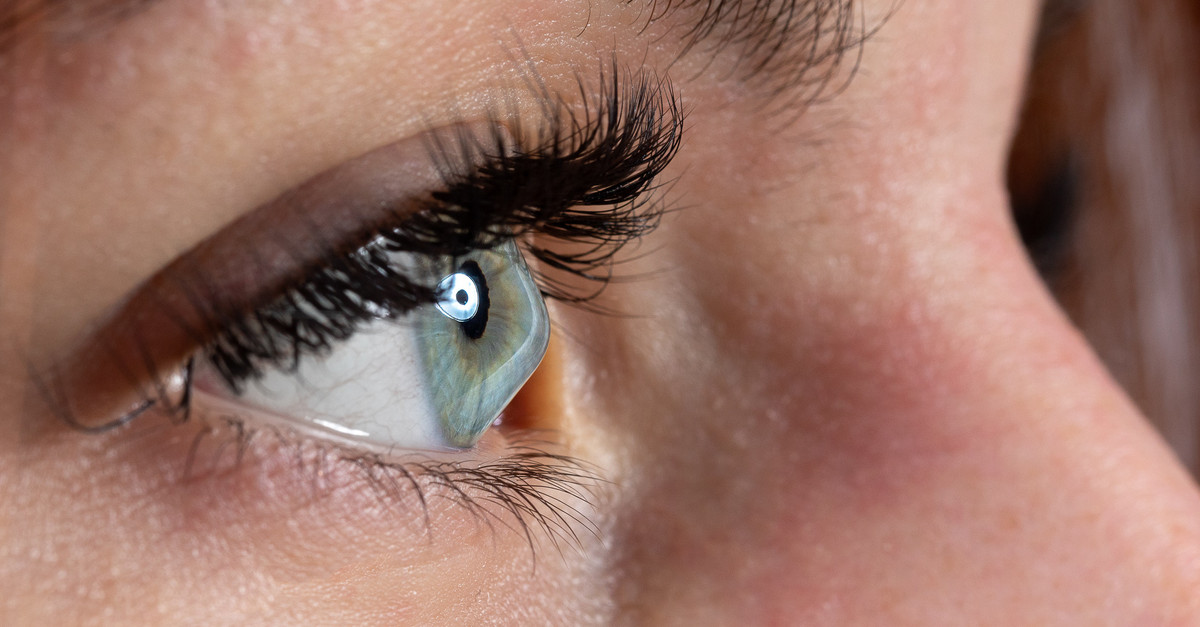Keratoconus is a rare form of astigmatism that can sometimes be treated if diagnosed early. Though not serious, it can create problems if not treated appropriately. This condition occurs when your cornea (the clear, front part of your eye) begins to bulge outwards. Normally dome-shaped, when affected by this condition, instead your cornea can become thin and take on a conical shape. Keratoconus symptoms include blurred, distorted, or cloudy vision, light sensitivity, and frequent prescription changes. Your ophthalmologist will run special tests to diagnose the condition, and Eye Consultants of Atlanta have fellowship-trained experts to guide your care. We have an entire team of experts to help patients deal with this treatable condition.
Finding out that you have any unfamiliar eye condition can be unsettling, but our specialists are here to put you at ease. While we can answer any questions you may have about keratoconus during an appointment, here’s some background information to consider in the meantime.
Early Diagnosis is Key
Keratoconus is rare and typically develops in your teens or early 20s, but can manifest at any time. Because the symptoms of keratoconus could be mistaken for normal vision changes, it’s easy for the condition to go overlooked. Fortunately, if you receive routine eye exams, it’s likely that your keratoconus will be caught earlier than it would have been without a doctor’s trained eye. And early Keratoconus treatment is key to preventing the disease’s progression.
Causes Remain Unknown
As of now, the cause of keratoconus remains unknown, which means there’s likely nothing you could have done differently to prevent its development. Genetic and environmental factors are believed to play a role in each person’s risk, and some cases appear to have a familial link, as roughly one in 10 people with keratoconus have parents who also have the condition.
Treatments Are Available
Mild, early cases of keratoconus may be managed with glasses. Yet most people will need specialized contact lenses to fully restore vision. Rigid gas permeable lenses, or hard contact lenses, can be made to fit your unique cornea shape and can correct vision effectively. While they may feel uncomfortable at first, many people adjust to wearing them over time. Hybrid lenses could be an alternative: while their center is rigid, these lenses have a softer outer edge for added comfort. If advanced keratoconus means your lens shape is especially irregular, scleral lenses can be used. These lenses sit on the white part of your eye instead of the cornea.
In addition to correcting vision changes, treatment for keratoconus involves stopping the disease’s progression. The therapeutic procedure iLink® is the only FDA-approved corneal cross-linking treatment for keratoconus. In this minimally invasive outpatient procedure, your cornea is treated with ultraviolet light and riboflavin eye drops. This triggers collagen production to create cross-links, leading to corneal stiffening and retention of shape.
If your cornea becomes extremely thin or scarred, surgical treatments are also available. Moderate keratoconus may be treated with intrastromal corneal ring segments, or ICRS. These small, synthetic rings are placed inside the cornea to help maintain a regular shape, thereby improving vision.
Schedule a Keratoconus Appointment With Eye Consultants of Atlanta Today
Vision changes can be alarming, but Eye Consultants of Atlanta is equipped to get to the bottom of them. With cutting-edge diagnostics and treatment options, our eye specialists can detect eye changes early and intervene before they progress. Whether you’d like to address Keratoconus concerns, or you’re simply due for a routine exam, schedule an appointment online or by calling 404-351-2220.

